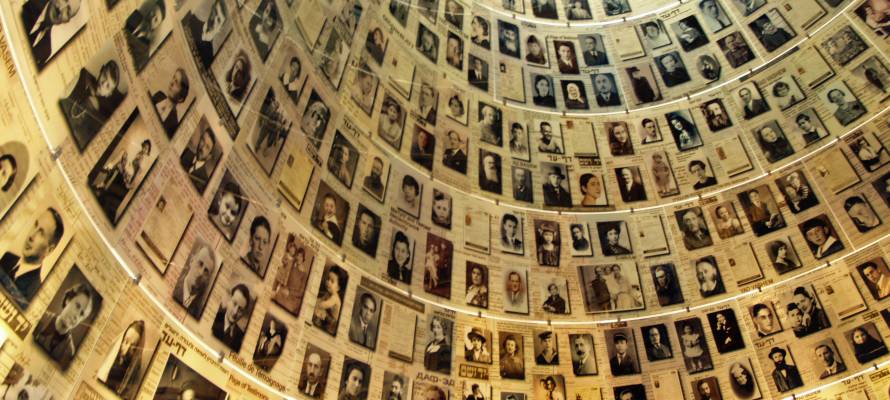A Holocaust victim likely hid the priceless collection of coins, some dating back to the Roman era, that was recently found in a home in Hungary.
By United With Israel Staff
A unique collection of antique and Roman-era coins was unearthed under a home located in Hungary’s World War II Jewish ghetto, according to a recent AFP report. It is assumed that the treasure was buried by a member of the previous Jewish homeowners murdered during the Holocaust.
The 2,800 gold and silver coins from several continents and decades were found by the current homeowners in the town of Keszthely, 190 kilometers (120 miles) southwest of the capital, Budapest. The family stumbled upon the coins in February while working in their cellar.
The homeowners, who have asked to remain anonymous, turned the coins over to the Keszthely’s Balatoni Museum, where they are presently on display.
The family explained that “five carefully sealed and buried glass jars” were slowly retrieved. “When we opened one of [the jars], we were greeted by an amazing sight, just like in a fairy tale: hundreds of coins, real treasure.”
Though the collection has not yet been valued, director of the museum Balint Havasi told AFP that the find is was “unique… in terms of geographic spread, time period — from antiquity to 20th century — and the large volume.”
According to Ferenc Redo, an archaeologist and coin expert, about half the collection is from Pannonia, a province of the Roman Empire that covers modern-day western Hungary.
Also found were antique coins from pre- and post-revolutionary France, 19th-century German territories, and both Tsarist- and Soviet-era Russia, as well as coins from South America, Africa, Asia and British-ruled India, reported AFP.
“It’s sad that someone put together such a worldwide collection but tragically could not continue,” Redo told AFP.
Engraved jewelry with the name “Pollack” was found in the jars. The Pollacks were well-known Jewish traders in Keszthely before World War II, according to the report.
Efforts are being made by archivists and historians to track down descendants of the Pollack family in order to return the treasure to its rightful owner. If no one is found, ownership will revert to the state.
The museum plans to digitize the find.
“It’s a priceless collection that can also help us learn about the Holocaust,” Havasi said. “We also hope the exhibition will spread the word about the coins, and that a legal owner will turn up.”
The museum quotes the “honest finders” of the coins as saying, “We transfer the objects found intact and complete with our inventory and photographs to the Balaton Museum today with the request that we would like anyone […] to be able to see it there. We would like the objects to be displayed at an […] exhibition, as we consider it highly important that the next generations, our children, grandchildren can see them in complete, original, intact condition, and not to get into a museum store to sink into oblivion again. […]”
